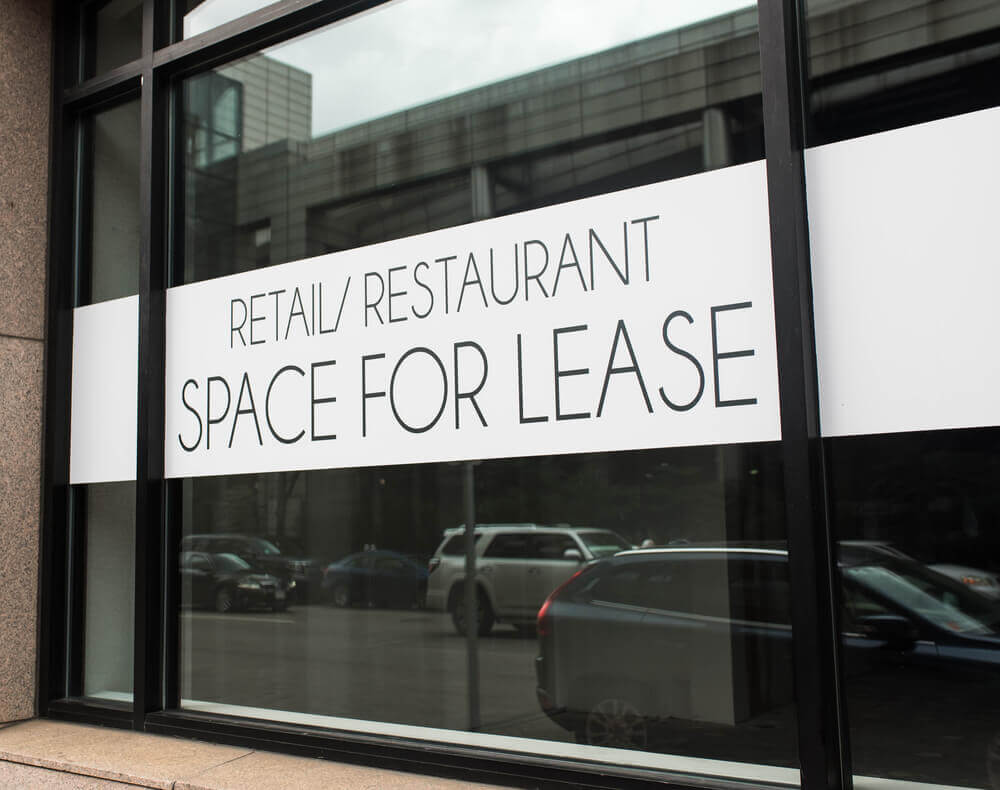Triple Net Lease

Although owning investment properties can be a great source of income, it also often times comes with various sets of challenges and headaches that can keep the investor up at night.
Whether its issues such as management, tenant complaints, unforeseen expenses, or unstable cash flows, owning investment real estate can feel like an overwhelming and burdening undertaking.
This is one of the main reasons investors often time look elsewhere to invest. Unfortunately many of the sectors in commercial real estate seem to have an almost direct correlation between high returns, and the necessity of professional management to assist with rents collections, ongoing maintenance, and marketing, all of which ultimately eat away a substantial portion of profits.
Now imagine what it would look like to own a property where the only tenant would be a multibillion-dollar company. As the only tenant, the company would be responsible for all maintenance issues, and would guarantee the lease for the entirety of the term. This would mean that your only responsibility would be to cash in your rent check each month. Sound appealing? Welcome to NNN investments.
Unlike other asset types, the NNN investor can Sleep Well At Night, thus this low-risk & pain-free investment strategy was coined “SWAN” (as an acronym).
SWAN = CREDIT + LONG LEASE + RENT BUMPS
(STNL) properties are a popular option, especially for investors that are looking to complete a 1031 exchange and no longer want the day-to-day burden of being a landlord.
STNL properties are usually free-standing, specialized buildings leased to household name brands under long term triple net (NNN) leases.
Ultimately, STNL investments are appealing because they require limited ongoing landlord responsibilities, and provide the owner with a long-term predictable stream of rental payments.
Now that we understand a little more about operating expenses, let’s look at the various different types of lease structures:
A “net lease” is a lease structure wherein the tenant is responsible for paying, in addition to base rent, some or all of the operating expenses related to real-estate ownership. Net lease types include single net, double net, and triple net leases, with the term “net lease” often being used as a shorthand expression for any of these arrangements.
NNN leased investments are generally leased to one single tenant and are therefore often times to as STNLs or Single Tenant Net Leases. A NNN lease investment can however have two or more tenants, though it would not be considered an STNL investment.
An example of this would be a Starbucks & MetroPCS which share a building under two separate NNN leases, or a retail strip center where all tenants are wrapped into one NNN lease. Both examples would be considered NNN leased investments; however they would not be STNLs.
Another variation of the NNN lease is the NN lease or “Net-Net” lease which is pronounced “double net” where the “net” amounts generally are property tax and insurance. Double net leases, like triple net leases, are usually, though not always, single-tenant arrangements, however the landlord carries some extra financial maintenance obligation.
The term “Net Lease” is used loosely in the net lease industry, most commonly referring to a triple or double net lease. It is important to note however that there is a definite distinction between a triple net and a double net lease deals even though many in the industry mistakenly use the term “Net Lease” to describe both.
Double net leased investments generally trade at a slightly higher CAP rate than triple net leased investments, because of the maintenance expenses which the landlord is responsible for (often times the landlord will be responsible for Roof and Structure in a NN Lease).
Investing in a Single-Tenant NNN property has some great benefits, but is not for everyone. Trying to identify the best single-tenant investment is very different then the process involved in finding other commercial real estate investments.
The single tenant investor’s objectives can range from simply looking for less involvement in management, to stable cash flow in conjunction with preservation of capital. Whether it is an investor looking for a suitable replacement property to complete a 1031 tax-deferred exchange, or simply an investor looking to invest in investment properties with minimal risk NNN investments can be a fantastic solution.
